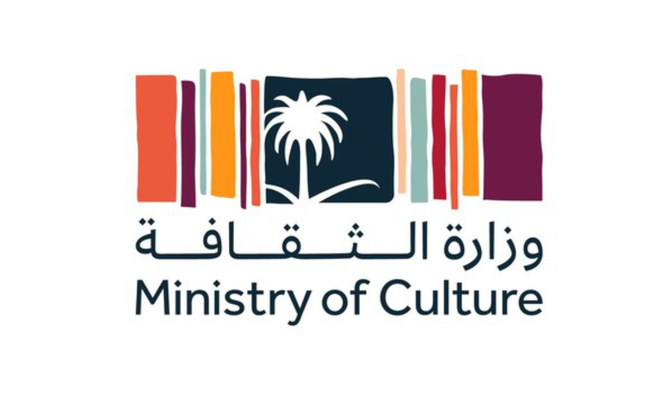RIYADH: The Ministry of Culture has expanded its Cultural Scholarship Program, adding 118 colleges to its list of accredited educational institutions, the Saudi Press Agency reported on Wednesday.
The move aims to support national cadres, respond to the growing needs of the labor market and achieve the goals of Saudi Vision 2030 in relation to culture, the ministry said.
The additions take the number of institutions involved in the program to 278 in 15 countries, of which 58 are in the US, 40 in the UK and one in Russia.
Among the newcomers are the University of San Francisco, Arizona State University, University of Colorado Boulder, Royal Holloway, University of London, the University of Liverpool, Padova University in Italy and Lund University in Sweden.
The program offers students the chance to obtain scholarships in 13 cultural and artistic fields. The awards cover the cost of their tuition fees, living expenses, medical insurance and travel. Their academic development is also monitored and evaluated.














